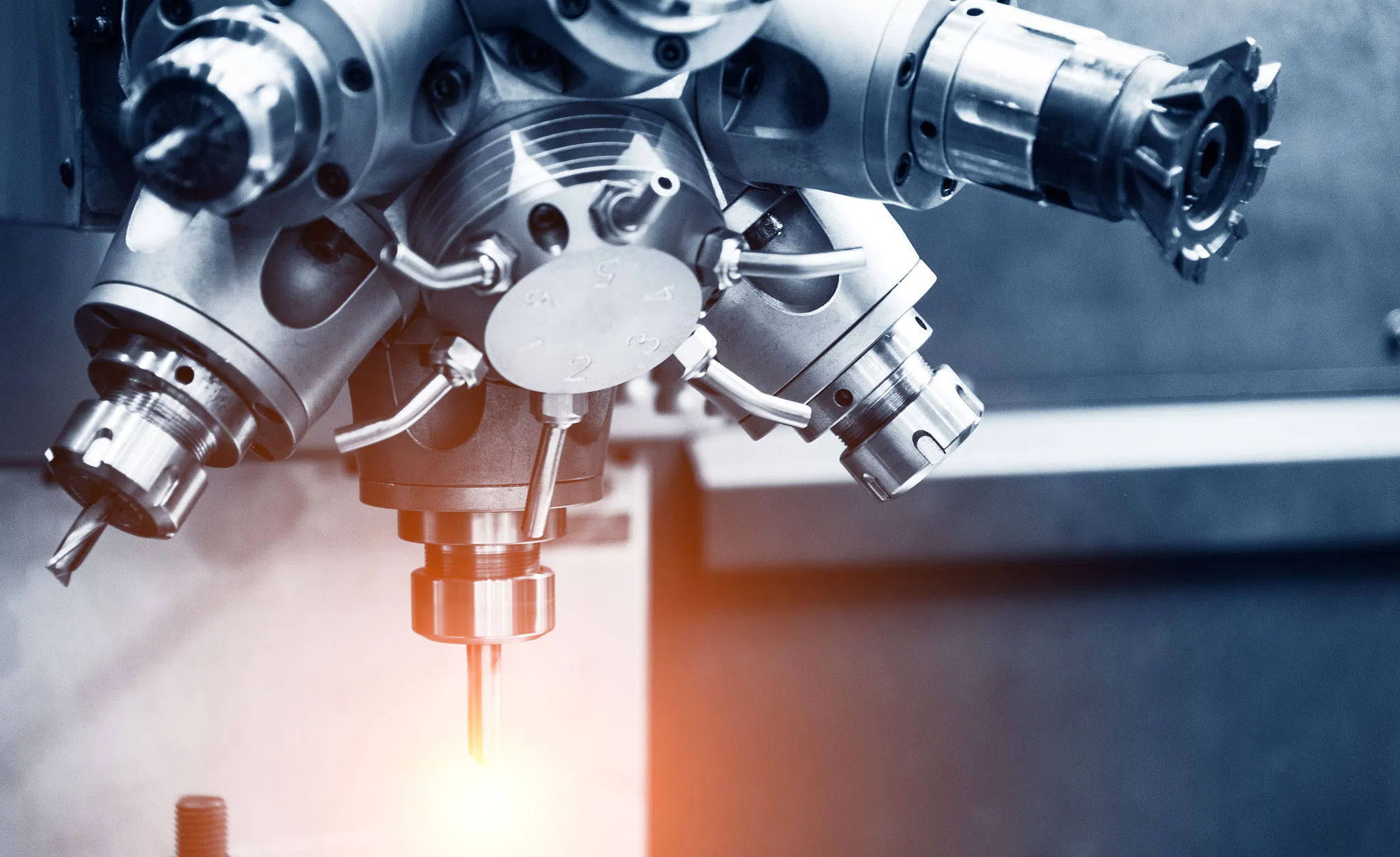
In the face of global climate change and the transition to a low-carbon economy, the metalworking industry is redefining its trajectory. Future developments will centre around the following directions:

Surging demand for renewable energy equipment: The manufacturing of new energy equipment, such as wind and solar power, continues to increase demand for high-precision machining of metal parts, opening up new market opportunities.
The spread of sustainable production methods: Optimising energy use and controlling CO2 emissions during machining processes is becoming a key focus for companies, such as machining shops powered by renewable energy sources.
The circular economy model is leading the way: recycling and remanufacturing of scrap metal will become a mainstay of the industry, enabling efficient use of materials and resource conservation.
Against this backdrop, metal processing companies must actively transition to low-carbon manufacturing through technological innovation and process optimisation to win the market of the future.